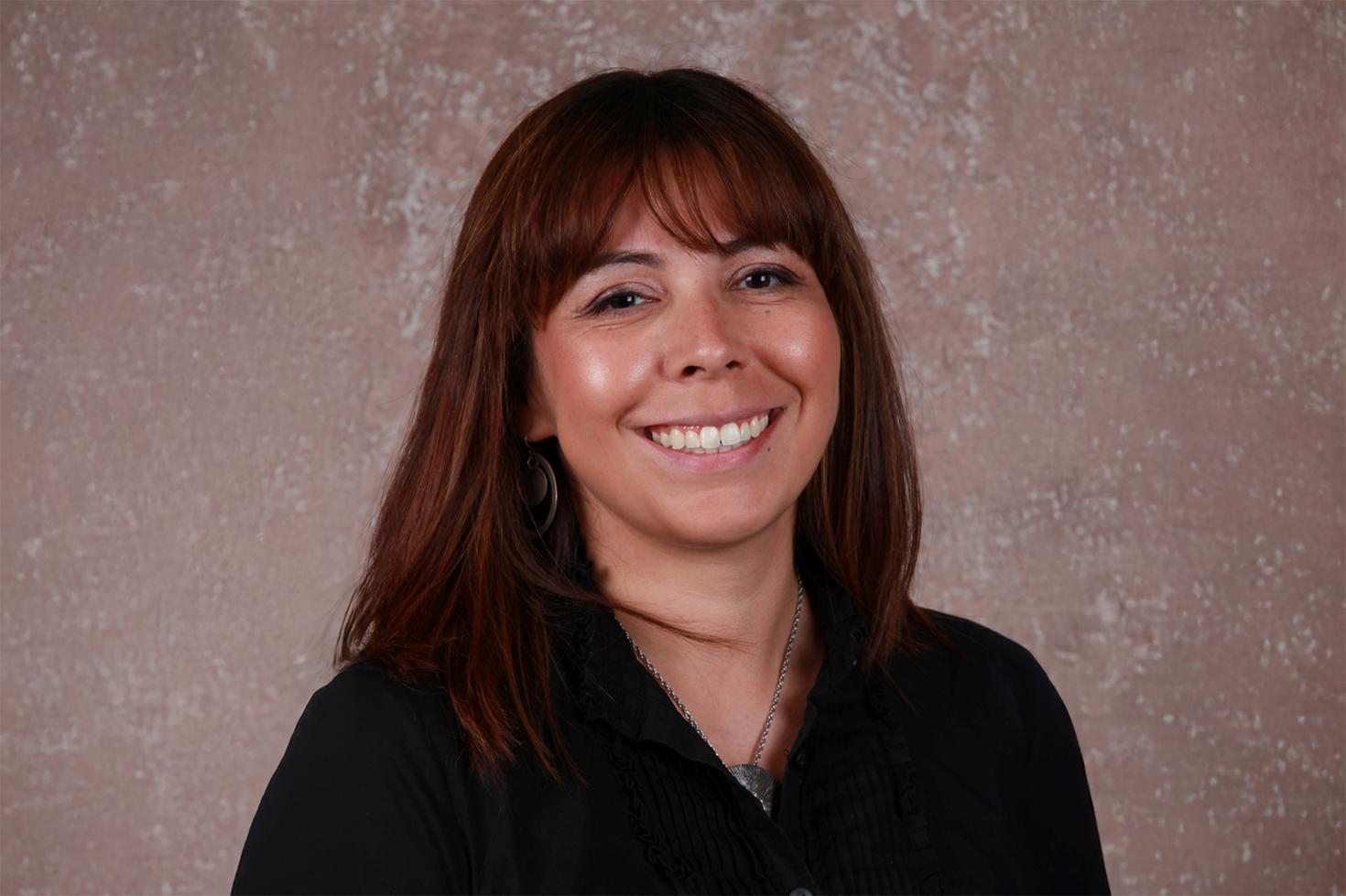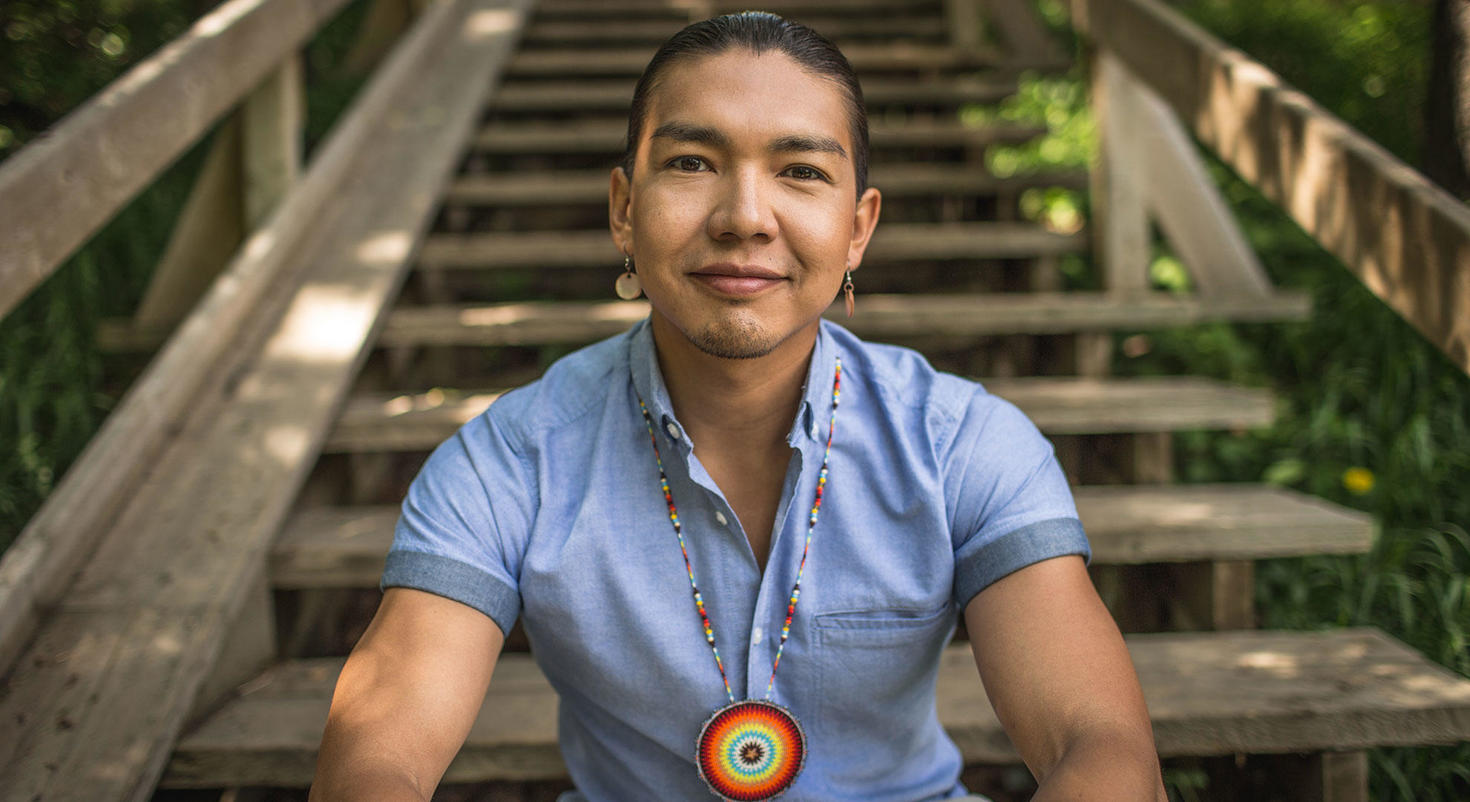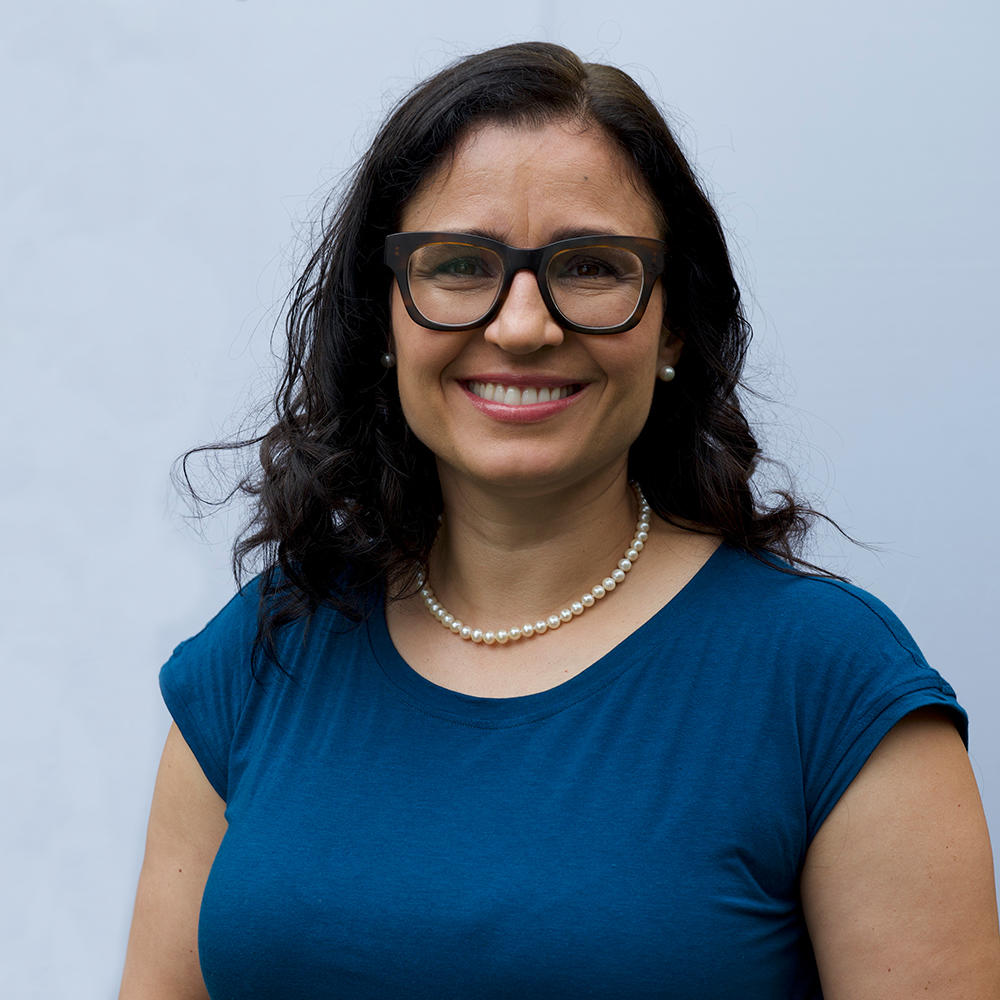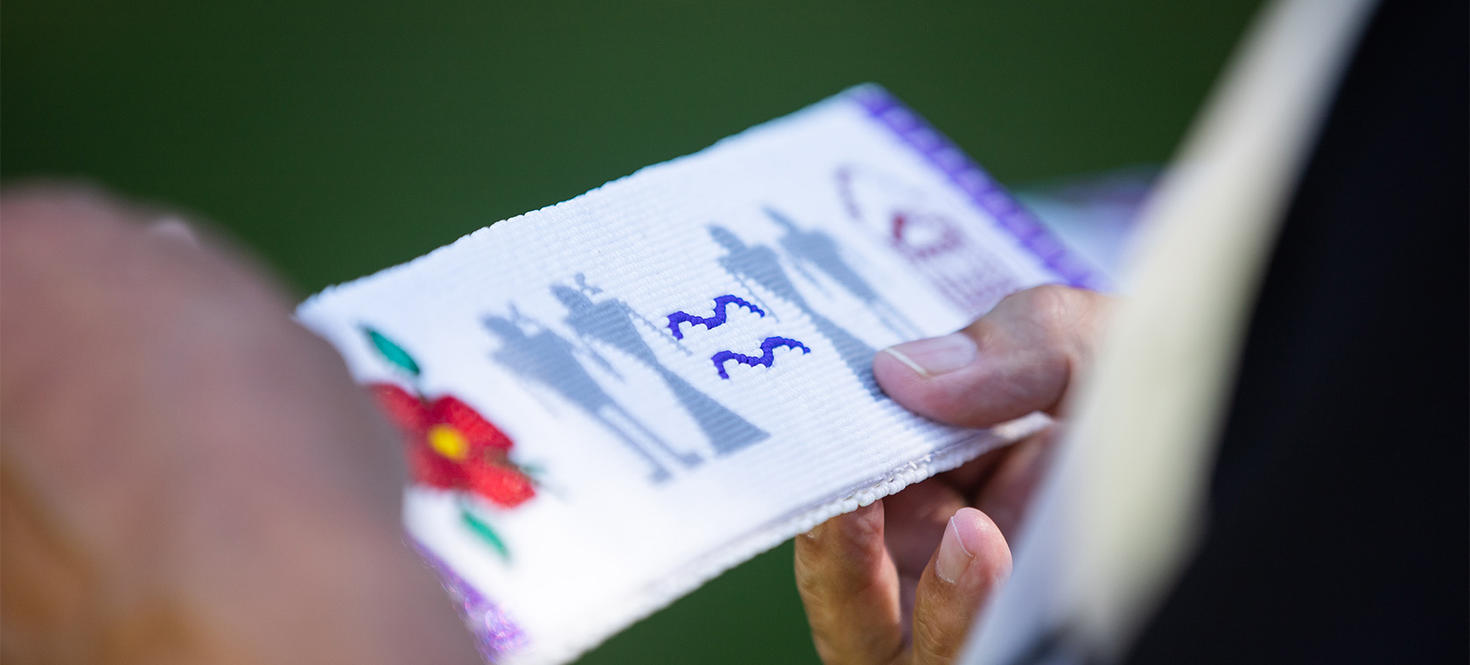In 2005, the uOttawa Faculty of Medicine launched its Indigenous Program with a vision: to support Indigenous students on their path to becoming physicians while helping to shape a more equitable future for medicine.
Now, two decades later, that vision has produced a growing network of Indigenous doctors whose achievements reach across Canada. From rural clinics to city hospitals, from classrooms to research labs, program alumni are not only working in their chosen disciplines—they are thought leaders, inspiring mentors, and influential advocates for culturally safe care.
“Our graduates have gone on to do great things. They’re ambassadors of our program and pass on their knowledge as they mentor the next generation of Indigenous students pursuing medicine,” says Dr. Darlene Kitty, Director of the Indigenous Program. “I’m so impressed and supportive of what they’ve accomplished and what they’re doing now.”
In recent days, we caught up with a few program alumni to hear about their experiences and seek insights for up-and-coming Indigenous medical professionals.
Dr. Kona Williams

“To see these medical professionals and medical students doing things that our ancestors only dreamed of, well, that's why we're here.”
Dr. Kona Williams
— Canada's first Indigenous forensic pathologist
Part of the Indigenous Program’s first cohort, Dr. Kona Williams is a pioneering figure in Canadian medicine. The Kanien'kehá:ka (Mohawk) and Cree doctor who earned her M.D. in 2009 is the first (and until recently, the only) First Nations forensic pathologist in the country.
She’s worked extensively in northern Ontario where she has served to bridge and strengthen relationships between First Nations communities and provincial pathology organizations. She's the medical director of the Department of Laboratory Medicine and Pathology at Health Sciences North (HSN), a hospital in Sudbury serving northeastern Ontario.
Dr. Williams has worked on numerous high-profile and complex forensic investigations, including unmarked graves at former residential schools and cases involving missing and murdered Indigenous women and girls. Her expertise and deep cultural understanding has played a critical role in investigating unexplained deaths and providing much-needed closure to families.
Looking back on her days with the Indigenous Program, she says the close community she helped build with fellow students in their chosen area of study was profoundly important in her life and studies. “To finally have that kind of support system was a huge, huge plus,” says Dr. Williams, who completed her residency training in anatomical pathology at uOttawa in 2014.
Her connection to spirit, heart, mind, and Indigenous ways of being has guided her as she provides a helping hand to the next generation of Indigenous physicians.
“To see these medical professionals and medical students doing things that our ancestors only dreamed of, well, that's why we're here. It brings me a lot of hope and a lot of happiness,” she says.
Dr. James Makokis

“How incredible it is that you have gotten into this program and how proud we are of you within the larger Indigenous community...”
Dr. James Makokis
— Family physician and thought leader in Indigenous and transgender health
From Saddle Lake Cree Nation in Treaty Number Six Territory, Dr. James Makokis has been deeply committed to bringing Cree ways of knowing and medicine into his patient care since he completed medical school at the uOttawa Faculty of Medicine in 2010.
With a family medicine practice in northeastern Alberta and a transgender health-focused practice in South Edmonton, the Nehiyô (Plains Cree) family physician is a prominent leader in the areas of Indigenous and transgender health. His medical practices are grounded in Cree Natural Laws of kindness, honesty, strength, determination, and sharing.
If you think he looks familiar, you may recognize him from television. In 2019, Dr. Makokis and his husband competed as a team and won the seventh season of The Amazing Race Canada.
In addition to serving his community, Dr. Makokis also focuses efforts on compelling western medical practitioners and institutions to recognize the value of Indigenous medical systems—and to incorporate them into patient care.
What message does he have for current and future students of the Faculty of Medicine’s Indigenous Program?
“How incredible it is that you have gotten into this program and how proud we are of you within the larger Indigenous community for making the huge sacrifices and efforts you’ve made to get here. Reach out when you need help. Don't be afraid to ask for help – and also find mentors that can help you along the way,” he said during a recent call.
“Remember: One of the biggest gifts that you can give yourself and other people is not only loving yourself and loving them but remembering their humanity in each and every interaction that you're having with someone.”
Dr. Jessica Dunkley

“(I recall) the power of mentorship and how small things can engrave a milestone in your life.”
Dr. Jessica Dunkley
— Family physician and first deaf Métis doctor in Canada
After completing her medical degree at the University of Ottawa in 2010, Dr. Jessica Dunkley became the first deaf Métis doctor in Canada.
She’s been a changemaker since her days at uOttawa, where she advocated for greater inclusivity and raised awareness about ableism. During her residency in dermatology at the University of British Columbia, Dr. Dunkley championed policy reforms that resulted in a groundbreaking legal precedent on accommodations for resident physicians with disabilities.
Over the years, the family physician has conducted specialized workshops on medical terminology in American Sign Language for interpreters, with a focus on those working in healthcare environments. She’s led health education sessions tailored for the deaf community.
Reflecting on her time in the second cohort of the Indigenous Program, she vividly recalls the peers who really “made a difference” in building community—sometimes through small, seemingly minor gestures that resonated deeply.
“(I recall) the power of mentorship and how small things can engrave a milestone in your life. As I was in the second cohort, very little was known and understood how to support a group of diverse students within the program. Kona (Williams), who was one year ahead of us, brought all of us together and got us little notebooks and pens to support us in our studies. I don't remember using them, but I remember how it was symbolic in how little things can be meaningful.”
Dr. Williams says the support she received from her classmate James Makokis was pivotal. “If I hadn’t met him, I would probably have been on a different journey,” she says.
Support the Faculty of Medicine
To support the Indigenous Program at the Faculty of Medicine type William Commanda Indigenous Medical Scholarship in the search bar on the Faculty giving page

